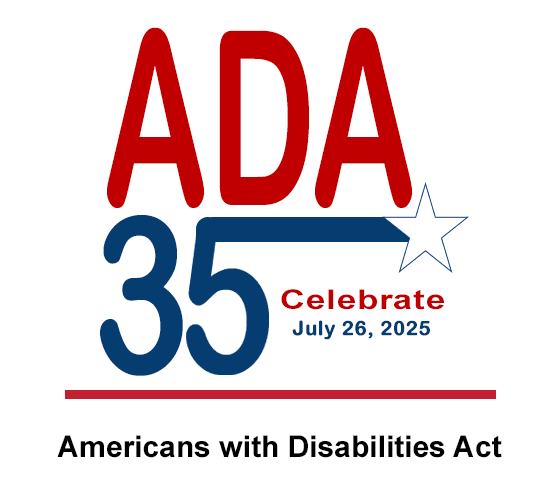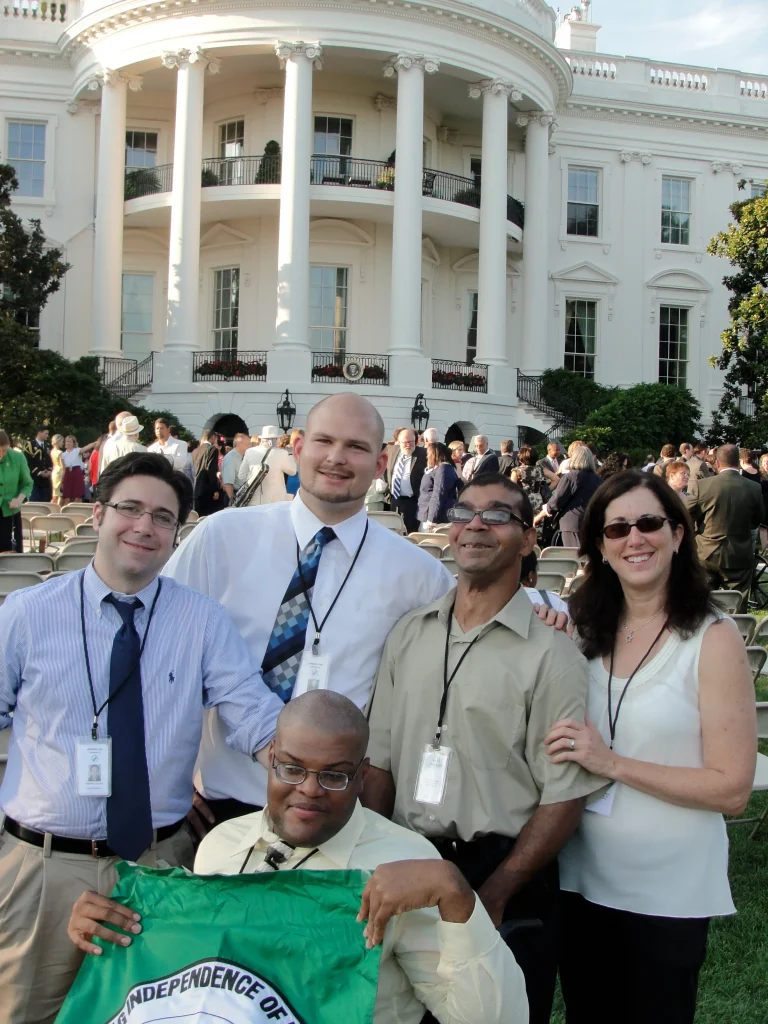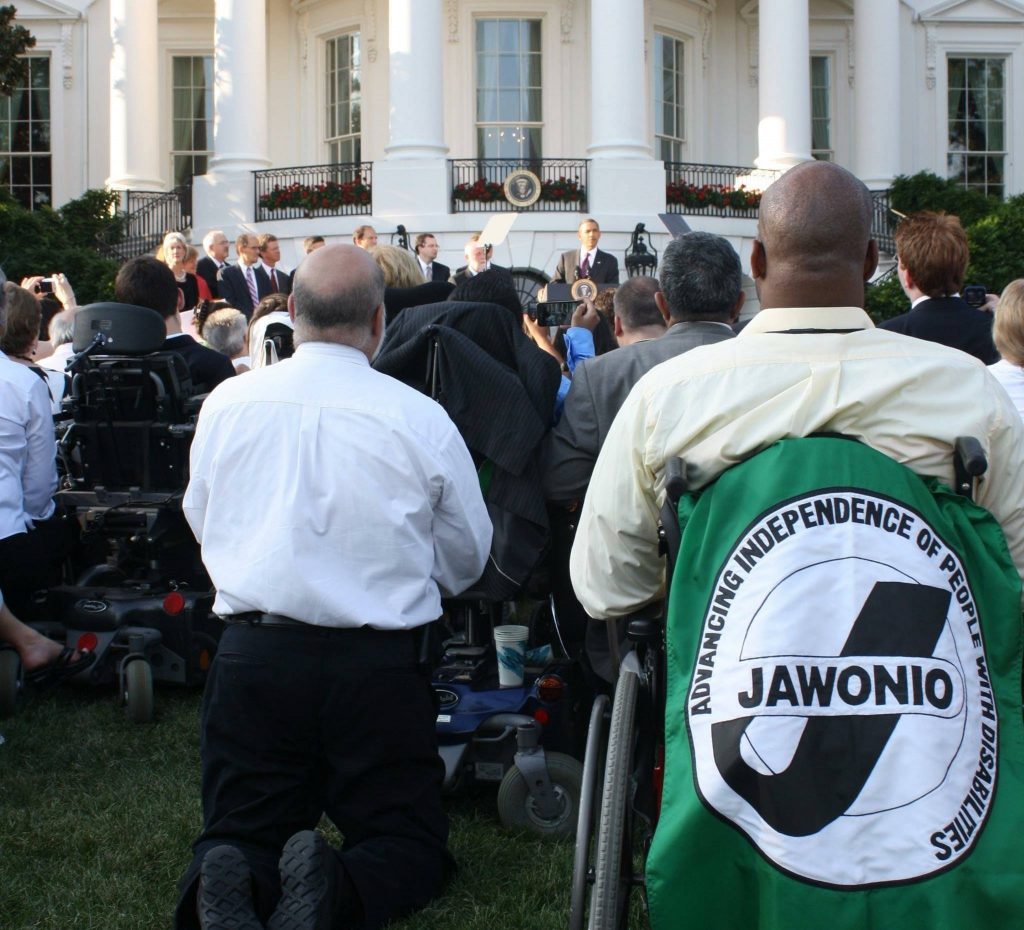The Intersectionality of the ADA, it's Promise, Progress and our Future
As we celebrate the 35th anniversary of the Americans with Disabilities Act (ADA), it’s a moment for profound reflection. This landmark civil rights legislation, signed into law on July 26, 1990, by President George H.W. Bush, fundamentally transformed the landscape for individuals with disabilities, striving for “equality of opportunity, full participation, independent living, and economic self-sufficiency.” We have indeed come a tremendous distance.
The ADA mandated barrier-free access to employment, public services, transportation, communication, and public spaces, paving the way for millions to participate more fully in society. Organizations like Jawonio, embody the spirit of the ADA every day. For almost 80 years, our mission is still relevant and vibrant: We are dedicated to advancing the independence, well-being, and equality of people with disabilities and special needs. Our vital programs and services across the lifespan truly exemplifies the progress the ADA envisioned.
However, even as we celebrate these significant achievements and as leaders in regional, statewide and federal advocacy, a formidable challenge looms large: deep and impending cuts to Medicaid. Medicaid is not merely a government program; it is a lifeline for millions of Americans, particularly for individuals with disabilities who rely on it for essential healthcare, including critical home and community-based services (HCBS).
HR 1 threatens to significantly reduce federal Medicaid spending, potentially stripping away coverage for millions and forcing states to make impossible decisions about cutting vital services. For people with disabilities who receive Jawonio services, and the staff who support them, these cuts could mean the loss of the very supports that allow them to live independently, pursue employment, and engage with their communities — the very pillars the ADA was built upon.
The intersectionality of the ADA and these looming Medicaid cuts is stark. While the ADA ensures civil rights and strives for inclusion, Medicaid provides the practical means for many individuals to exercise those rights. Without adequate funding for services like personal assistance, therapies, and community support, the promise of the ADA becomes significantly harder to realize. We risk a regression, where individuals with disabilities could be denied the opportunities that the ADA fought so hard to secure.
This year’s celebration must be tempered with a renewed call to action. We must acknowledge how far we have come, the progress made through legislation like the ADA, and the tireless work of our staff, and organizations like Jawonio.
It has become apparent that we must continue our advocacy efforts on the federal and state levels in protecting the fundamental healthcare rights and support systems for children and adults with disabilities, mental health challenges and chronic medical needs.
Together, the fight for true equality and inclusion that the ADA represents in law, is ongoing. Going forward together, safeguarding Medicaid is an essential part of our disability rights.
Please consider joining us in our ongoing advocacy efforts, by emailing
Diana.hess@Jawonio.org
Stay Tuned for Details regarding our March 2026 Rally in the Valley coming soon.

Jawonio ADA Throwback


[2010] “I am immensely proud to be here today. It was very moving. It’s about equal opportunity for people like me.”
~ Joe Borno (traversed the White House lawn in his wheelchair – with a bright green and white Jawonio banner hanging from the back)








